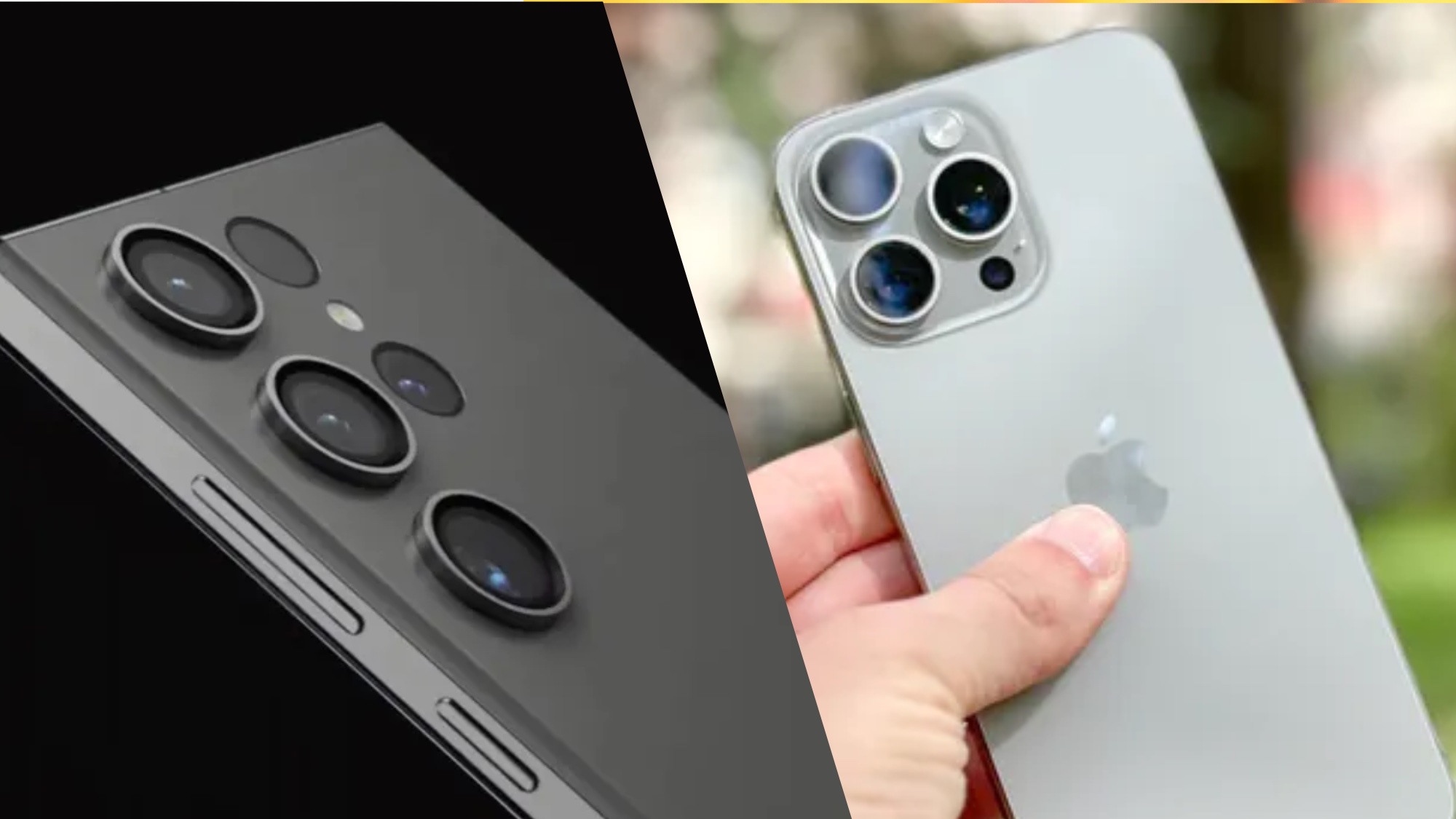Samsung Galaxy S24 Ultra could have big advantage vs iPhone 15 Pro Max — meet Galaxy AI
The Galaxy AI phone is coming

Here at Tom’s Guide our expert editors are committed to bringing you the best news, reviews and guides to help you stay informed and ahead of the curve!
You are now subscribed
Your newsletter sign-up was successful
Want to add more newsletters?

Daily (Mon-Sun)
Tom's Guide Daily
Sign up to get the latest updates on all of your favorite content! From cutting-edge tech news and the hottest streaming buzz to unbeatable deals on the best products and in-depth reviews, we’ve got you covered.

Weekly on Thursday
Tom's AI Guide
Be AI savvy with your weekly newsletter summing up all the biggest AI news you need to know. Plus, analysis from our AI editor and tips on how to use the latest AI tools!

Weekly on Friday
Tom's iGuide
Unlock the vast world of Apple news straight to your inbox. With coverage on everything from exciting product launches to essential software updates, this is your go-to source for the latest updates on all the best Apple content.

Weekly on Monday
Tom's Streaming Guide
Our weekly newsletter is expertly crafted to immerse you in the world of streaming. Stay updated on the latest releases and our top recommendations across your favorite streaming platforms.
Join the club
Get full access to premium articles, exclusive features and a growing list of member rewards.
The iPhone 15 Pro Max is so good it took the top spot back from Samsung on our best phone list. Our previous top pick was the Galaxy S23 Ultra, which remains a great phone. But Apple’s flagship offered slightly better camera quality, faster performance and longer battery life in our iPhone 15 Pro Max vs Galaxy S23 Ultra face-off.
Now it’s Samsung’s turn to try and take back the mantle with the Galaxy S24 Ultra, and its rise to the top could having nothing to do with specs. Yes, Samsung should continue to offer the longest zoom of any camera phone and a unique S Pen. But its real advantage over the iPhone could come with AI advancements.
Samsung has just announced that a new era of “Galaxy AI is coming” in a new blog post, and it's giving us a glimpse of what’s likely to come with the Galaxy S24 series. Samsung reveals that its mobile AI experience will be powered by both on-device AI and cloud-based AI via collaborations with “like-minded industry leaders.” This could mean a partnership with OpenAI or Google.

As an example, Samsung says that AI Translate Call will give users a personal translator so audio and text translations will appear in real-time as you speak. That’s pretty nifty, but I don’t know how often people call others who speak another language.
Still, this is just the start. Other reports on Samsung AI have popped up in recent days giving us a fuller look at what’s possible. Samsung is reportedly going to call its AI Samsung Gauss (named after the mathematician considered the founding father of machine learning), and it will apparently be able to do much more than translate content. Samsung's AI will reportedly help write emails for you, summarize documents and create AI-generated images.
The AI would also presumably be able to fix your images. In fact, Gauss will reportedly help convert low-resolution photos into high-res ones.
The catch to all this is that Samsung could put some of its AI features behind a paywall, but I highly doubt this rumor. And that’s because many of the features Samsung is touting are already available on other AI-focused phones, namely the Google Pixel 8 and Pixel 8 Pro.
Get instant access to breaking news, the hottest reviews, great deals and helpful tips.
Google’s flagship phones offer a ton of AI tricks, including Magic Editor for moving (or growing) subjects in photos and turning daytime into “magic hour” with a click. The Pixel 8 series can also take the background noise out of your videos, as well as summarize web pages.
So where does this leave Apple? Tim Cook recently said that Apple is investing heavily in generative AI, and there are reports that iOS 18 will unleash powerful generative AI to fight ChatGPT. That means you wouldn’t necessarily need an iPhone 15 or next year's iPhone 16 to have an AI-centric iPhone.
Even now, there are lots of examples of machine learning on the iPhone in action. Like when I open my phone in the morning and it’s smart enough to know I need the NJ Transit app when I open up Spotlight. Or the fact that I can change the focus point on images that have already been shot. But that's not generative AI.
It's clear Apple is behind Google in the AI phone race, and it could soon lag behind Samsung, too, with the impending Galaxy S24 launch.
Want to save some money on your next Samsung phone? Be sure to check out our Samsung voucher codes for the latest deals.
More from Tom's Guide
- Galaxy S24 Ultra vs. Galaxy S23 Ultra — biggest expected differences
- How Samsung can make the Galaxy S24 Plus a phone you’ll actually want to buy
- Samsung Galaxy S24 benchmarks leaked — here’s how they compare to iPhone 15
Mark Spoonauer is the global editor in chief of Tom's Guide and has covered technology for over 20 years. In addition to overseeing the direction of Tom's Guide, Mark specializes in covering all things mobile, having reviewed dozens of smartphones and other gadgets. He has spoken at key industry events and appears regularly on TV to discuss the latest trends, including Cheddar, Fox Business and other outlets. Mark was previously editor in chief of Laptop Mag, and his work has appeared in Wired, Popular Science and Inc. Follow him on Twitter at @mspoonauer.
 Club Benefits
Club Benefits











